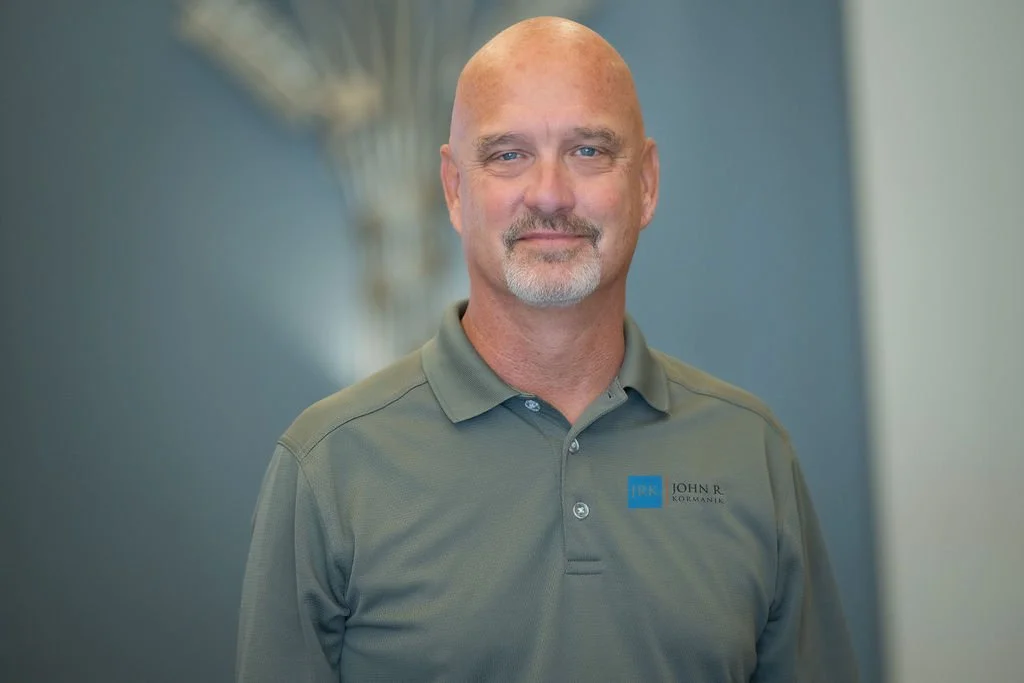My last blog post began what will be a series of posts which will discuss various aspects of how the mindset of a lawyer not only more important then their legal knowledge, but is, perhaps, the key to differentiating them from their competition and which will, ultimately, empower them to have the success they desire and the life they deserve. This is entry number two in the series.
Our mindset - the unique perspective from which we perceive our abilities - can significantly shape our lives. The correct mindset influences everything from professional success and personal growth to relationships and life satisfaction. The concept of fixed and growth mindsets, introduced by psychologist Carol Dweck in her groundbreaking book "Mindset: The New Psychology of Success," (which I’ve read multiple times) provides a transformative lens through which we can understand our potential and performance. Let's delve deeper into Dweck's theories and the profound implications of these two fundamental mindsets.
Understanding the Fixed Mindset.
A fixed mindset, as characterized by Dweck, is the belief in static abilities and intelligence. People with a fixed mindset perceive their skills and intelligence as fixed traits. Consequently, they spend more time documenting these qualities rather than developing them. They often shy away from challenges, fearing that failures may reveal their perceived inadequacies. Think: “That’s just the way I am.” “I’ve never been any good at…”
In Dweck's perspective, those with a fixed mindset focus more on proving themselves, thereby losing sight of growth and development. This mindset can limit potential, lead to anxiety, deter creativity, and hinder progress, as it discourages effort and perceives criticism as personal attacks instead of constructive feedback.
Exploring the Growth Mindset.
On the other hand, a growth mindset, according to Dweck, is anchored in the conviction that our abilities and intelligence can be developed through commitment, effort, and a love for learning. Individuals with a growth mindset are open to challenges, perceive failures as opportunities for learning, and view effort as a crucial path to mastery. A growth mindset is critical in various aspects of the legal profession, not the least of which is in litigators. As a criminal defense attorney, someone who litigated cases with, shall we say, difficult facts, I can attest to the necessity of having a growth mindset.
In the growth mindset paradigm, talent and intelligence are seen as starting points. The real focus is on cultivation and growth. This mindset encourages resilience, stimulates continuous learning, and fosters personal and professional development.
Impact of the Two Mindsets.
The distinction between a fixed mindset and a growth mindset has profound implications for how we handle various aspects of our lives, including work, relationships, education, and personal growth. One particular area of potential opportunity is the area of creating clients, marketing, and sales. A fixed mindset can limit our potential, curb our capacity to learn, grow, and adapt to new situations. It creates anxiety about judgment and fosters a fear of failure that stifles progress.
Contrarily, a growth mindset can significantly enhance our potential by fostering a love for learning, promoting resilience, and inspiring us to put in the effort to improve. It enables us to embrace challenges head-on, view failures not as evidence of unintelligence, but as a springboard for growth and stretching our existing abilities.
Cultivating a Growth Mindset.
Recognizing the differences between a fixed mindset and a growth mindset is just the first step. The next step is to consciously cultivate a growth mindset. This process involves understanding that abilities and intelligence are not fixed traits but can be developed over time. In fact, the new science of aging and understanding neuroplasticity (our brains can, and do, continue to change over the span of our lives) prove we possess the ability to evolve over our lifetimes. Embrace challenges as opportunities for growth and see effort not as a weakness but as a pathway to mastery.
Following Dweck's guidance, one powerful technique to cultivate a growth mindset involves the use of the word "yet." Adding "yet" to a negative thought transforms it into a potential for future growth: "I can't do this…yet." Another way of putting it is: “I don’t currently have the skill set, but I’m willing to work on it.”
Conclusion: Your Mindset is Your Choice.
Ultimately, as Dweck asserts, the power to choose our mindset lies within us. We can opt for a fixed mindset, limiting our potential and curtailing our growth, or we can embrace a growth mindset, treating challenges as opportunities, viewing effort as the path to mastery, and unlocking our true potential in the process.
Remember, fostering a growth mindset isn't just about improving our own lives. It can also influence those around us to adopt the same approach, creating a positive ripple effect of growth and improvement. As Dweck says, "In a growth mindset, challenges are exciting rather than threatening. So rather than thinking, oh, I'm going to reveal my weaknesses, you say, wow, here's a chance to grow.”
Partnering with a certified professional coach who understands how the lawyer brain works is one key to developing a growth mindset in all areas of your life.


